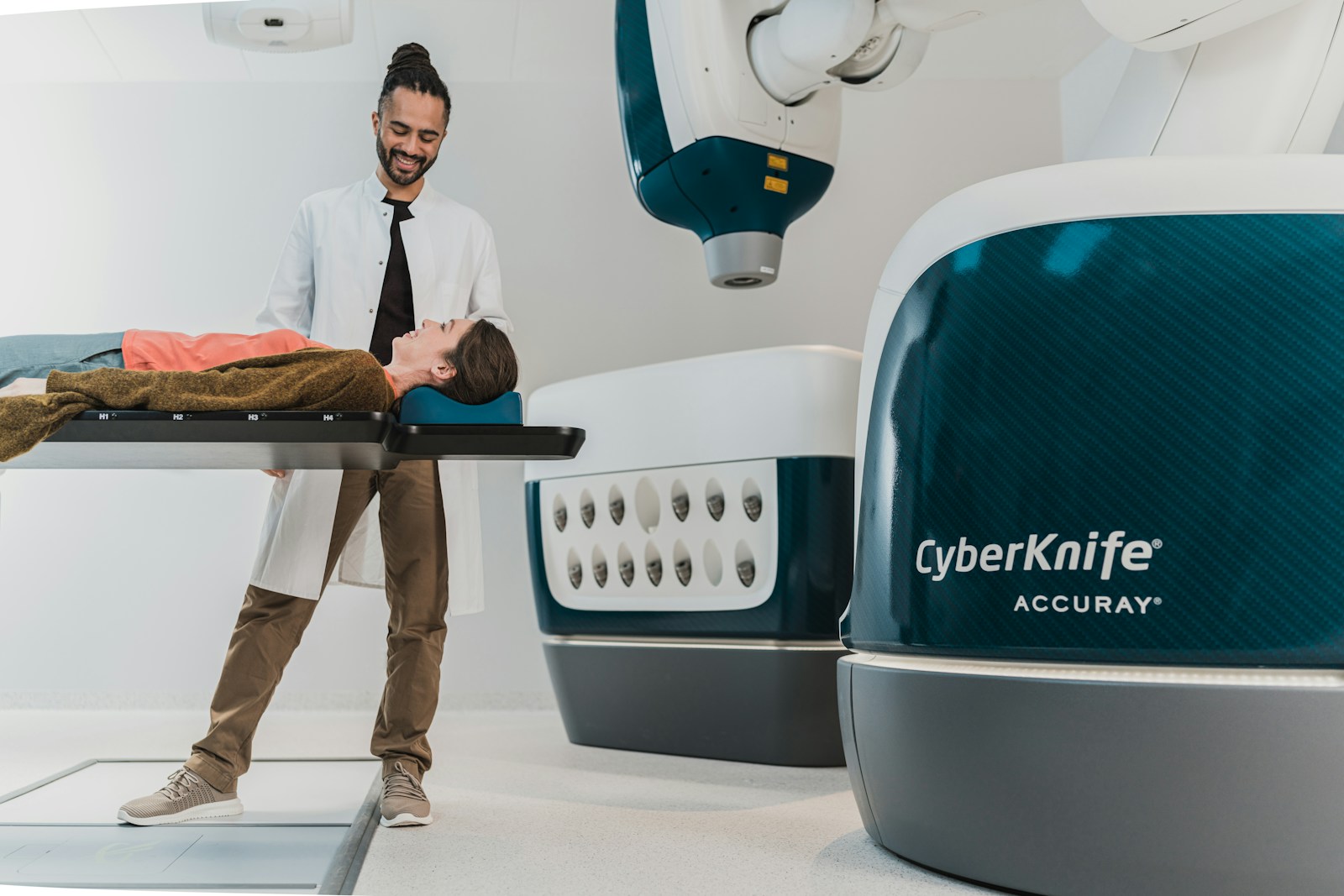Cellular regeneration technique is an emerging field within the realm of regenerative medicine that aims to harness the body’s ability to repair and regenerate tissues and organs. This innovative therapy has shown promise in treating various conditions, from chronic diseases and injuries to age-related degeneration. However, determining whether one is a good candidate for cell regeneration therapy involves a range of factors. This essay will explore the factors that determine suitability for this therapy, such as age, health status, medical history, and the specific condition being treated, as well as the potential risks and benefits involved.
Understanding Cell Regeneration Therapy
Cell regeneration therapy focuses on stimulating or replacing damaged or diseased cells, tissues, or organs with healthy ones. This process may involve the use of stem cells, gene editing, or other techniques to promote healing and tissue regeneration. It has become a promising option for treating conditions such as osteoarthritis, spinal cord injuries, heart disease, and even neurological disorders like Parkinson’s disease.
However, since cell regeneration is still in the research and experimental phase for many diseases, it is important to recognize that not every patient or condition is suitable for this type of therapy.
Key Factors Influencing Suitability
1. Age
Age plays a critical role in determining whether one is a good candidate for cell regeneration therapy. Younger individuals typically have a higher capacity for cell regeneration due to the more active regenerative capabilities of their bodies. As we age, however, the body’s ability to repair itself diminishes. This natural decline in cell regeneration capacity may limit the effectiveness of certain therapies, making younger individuals more likely to benefit from them. However, age alone is not a disqualifying factor; for example, older individuals who have otherwise healthy systems may still be good candidates for certain regenerative treatments.
2. Health Status
An individual’s overall health is a significant consideration when determining eligibility for cell regeneration therapy. People with underlying chronic conditions, such as diabetes, autoimmune diseases, or cardiovascular problems, may face complications that could limit the success of regenerative treatments. In contrast, those in good health with localized damage (such as a torn ligament or cartilage damage) might see better results from regenerative therapies, as their immune systems and healing processes are more likely to respond effectively.
3. Medical History
A person’s medical history can also affect their suitability for cell regeneration therapy. For example, individuals with a history of cancer may not be ideal candidates, as certain regenerative therapies could potentially encourage the growth of abnormal cells. Similarly, those with severe allergies or hypersensitivity to certain treatments may not be able to tolerate some forms of cell regeneration. A comprehensive medical history and consultation with healthcare professionals are essential to understanding potential risks.
4. The Condition Being Treated
The specific condition being treated is one of the most important factors in determining whether someone is a good candidate for cell regeneration therapy. Some conditions respond well to cell regeneration techniques, while others may not. For example, joint injuries, such as cartilage damage, often benefit from stem cell injections or regenerative therapies, as these tissues have limited ability to heal on their own. Conversely, diseases affecting more complex organs like the brain or heart may require more advanced approaches, and not all individuals may qualify for these treatments.
Conditions such as osteoarthritis, muscle injuries, and spinal cord damage may have clearer pathways for regenerative medicine to intervene, while conditions like Alzheimer’s or Parkinson’s disease are still being actively researched to determine the best therapeutic approaches.
5. Personal Expectations and Lifestyle
Before undergoing cell regeneration therapy, individuals must realistically evaluate their expectations and consider their lifestyle. The therapy can be costly and may require significant recovery time. It is essential to assess whether the potential benefits align with the patient’s health goals, and whether they are prepared for the commitment of treatment.
Some people may experience minimal improvements, while others may see significant recovery. The effectiveness of the therapy often varies depending on the individual’s body, the severity of the condition, and the type of therapy used.
Potential Benefits
For those who are appropriate candidates, the potential benefits of cell regeneration therapy can be life-changing. These include the restoration of lost function, the reduction of pain, improved mobility, and even the reversal of some degenerative conditions. This has the potential to dramatically enhance quality of life, reduce the need for invasive surgical procedures, and lower the long-term reliance on medication.
Additionally, the therapeutic approach of cell regeneration can offer a more natural form of healing, as it aims to stimulate the body’s intrinsic healing processes rather than relying solely on synthetic drugs or external interventions.
Risks and Considerations
Despite the promising nature of cell regeneration therapies, there are risks involved. As with any medical treatment, there can be side effects such as infection, inflammation, or allergic reactions. Moreover, the long-term effects of many cell regeneration therapies remain unknown, as most are still in clinical trials. This makes it crucial for patients to weigh the potential risks against the benefits.
Patients must also be aware that not all treatments are FDA-approved, and some regenerative therapies may be performed in experimental or unregulated environments. Therefore, choosing qualified and experienced medical professionals is vital to ensure the treatment’s safety and effectiveness.
Conclusion
Determining whether you are a good candidate for cell regeneration therapy depends on a variety of factors, including age, overall health, medical history, and the specific condition being treated. While cell regeneration offers great promise for those with certain injuries or degenerative diseases, it is essential to undergo thorough consultations with medical professionals to assess whether this therapy is right for you. With careful consideration of the potential risks and benefits, cell regeneration therapy could provide an opportunity to improve health, recover from injury, and enhance overall well-being for the right candidates.



